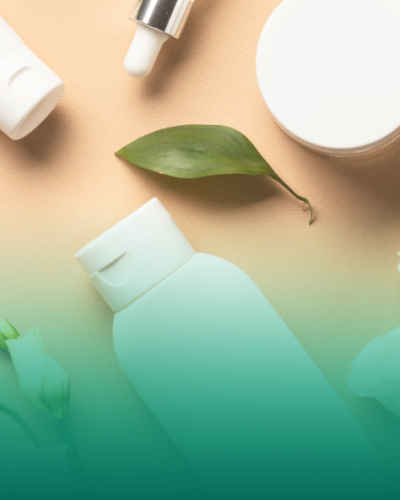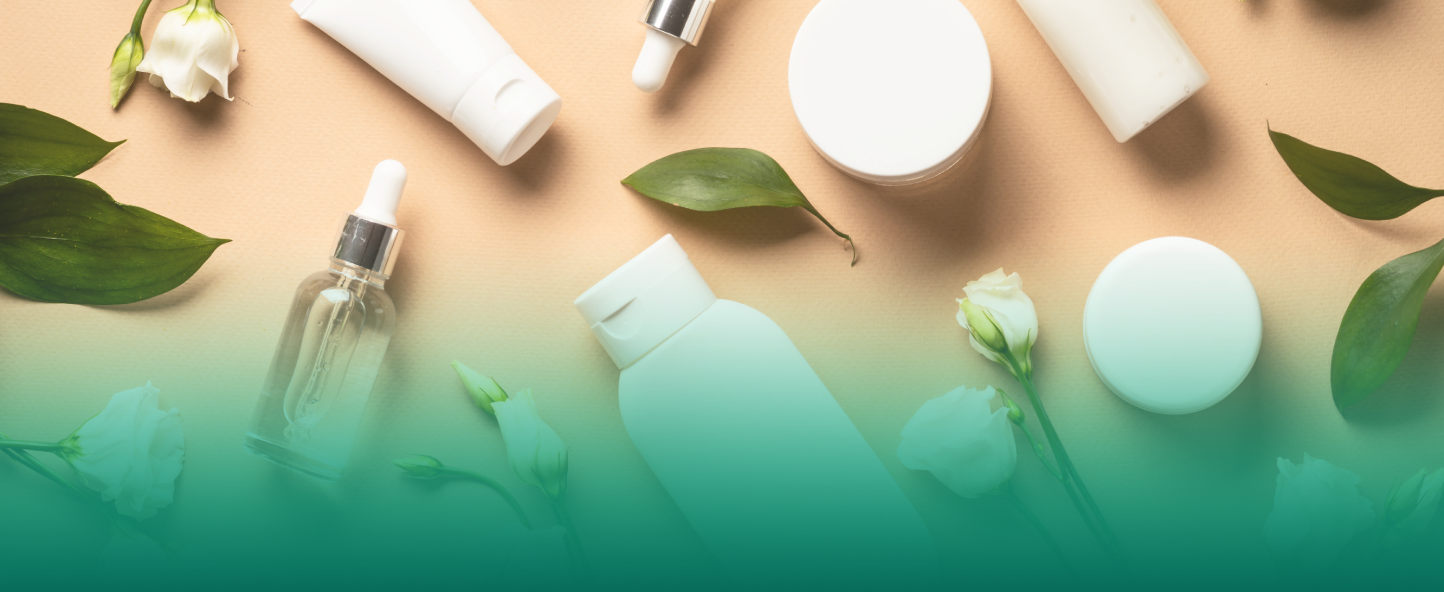Myths about cosmetics and skin care: What is true and what is fiction?
In the skin care and cosmetics industry, there are many claims that are often taken at face value despite a lack of scientific evidence. Let’s look at some of the most common myths and analyze how true they are.
Myth #1: Foundation with SPF replaces sunscreen
One common myth is that foundation with SPF can completely replace sunscreen. However, to ensure the proper level of protection from UV rays, you need to apply enough sunscreen – 1/3 to 1/4 teaspoon to the face and neck. If you use the same amount of foundation, the result may not be beautiful. It’s best to wear sunscreen under your makeup or use a tinted sunscreen that matches your skin color.
Myth #2: Antibacterial soap is better than regular soap
Quite often you can hear the statement that antibacterial soap is more effective than regular soap in fighting bacteria. However, research does not confirm this fact. Moreover, antibacterial soaps containing antimicrobial ingredients can dry out the skin and disrupt its natural protective barrier. In addition, overuse of such soaps can promote the emergence of antibiotic-resistant bacteria, making it more difficult to treat certain diseases.
Myth No. 3: Tonic is an integral part of daily skin care
Previously, toner was considered an integral part of the skin care ritual, since many cleansers were alkaline, and toner helped restore the natural pH balance of the skin. However, with the advent of softer cleansing products, tonic has ceased to be a mandatory component of care. It can be used as an additional product to moisturize and nourish the skin due to the content of moisturizing and antioxidant components.
Myth No. 4: Preservatives and parabens are enemies of the skin
In the modern world, there is a widespread belief about the dangers of preservatives and parabens in cosmetics. However, preservatives are necessary to prevent the growth of bacteria and fungi in cosmetic products. Parabens, a type of preservative, are of concern to some people due to their suspected link to cancer. However, the concentration of parabens in cosmetics is strictly regulated by law, and there is no scientific evidence that they are harmful when used in normal quantities.
Myth No. 5: The safest cosmetics are for children and labeled “hypoallergenic”
Many people believe that cosmetics intended for children or labeled “hypoallergenic” are the safest. However, in reality, the name “hypoallergenic” does not always mean the absence of allergic reactions. Manufacturers may use this labeling even if the product contains allergens and irritants. Therefore, products without fragrances or herbal ingredients are most suitable for people with sensitive skin.
Myth #6: Sunscreen causes skin cancer
There is a belief that sunscreens can be harmful to the skin and even cause cancer. However, scientific research shows that using sunscreen reduces the risk of skin cancer by protecting against ultraviolet rays. However, you should remember about the correct choice of product and its regular use in accordance with the recommendations of doctors and cosmetologists.
In conclusion, I would like to note that when choosing cosmetics and skin care, it is important to be guided not only by popular opinions and myths, but also by scientific facts and expert recommendations. The uniqueness of each person requires an individual approach to skin care, and only the right products can ensure beauty, health and self-confidence.






